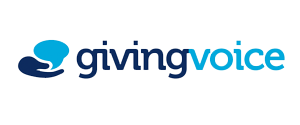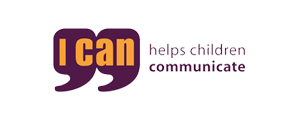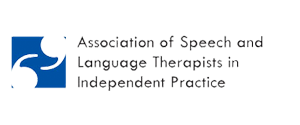Observations
Observations are used by speech and language therapists to assess children’s speech, language and communication skills in a familiar environment, without the added pressure of talking to someone new and concentrating on a skill that they find difficult.
Our speech and language therapists work in a holistic manner taking into consideration the child’s speech, language and communication skills in a range of contexts. A child’s communicative abilities may increase or decrease depending on their communication partner and the environment they are in. It is important for therapist to consider these important details when making a diagnosis.
Benefits of an observation
- Allows the speech and language therapists to see the child’s communicative skills in different environments.
- Observations provide the speech and language therapist with additional information to aid the assessment and therapy process.
- Observations allow the speech and language therapists to acknowledge how the child’s communicative environment impacts upon their communicative and learning skills.
Find out more…
What will the observation assess?
An observation can be used to assess children’s speech, language and communication skills in a range of settings, such as school, nursery and home. Skills that can be observed by the speech and language therapist include:
- Attention and listening
- Speech
- Understanding of spoken language
- Expressive language
- Social communication
- Fluency
- Non-verbal communication
Why is an observation needed?
An observation allows the speech and language therapist to consider the child’s speech, language and communication skills in a range of communicative environments outside of the clinic. Some children may be able to communicate better in certain contexts or settings as they are able to use their environment to help express their needs or use cues in the environment to help better their understanding of what is being said. Sometimes the communicative style of the person the child is communicating with can add to the child’s expressive and understanding skills. Pressures in the environment can impact upon the child’s abilities. An observation allows the speech and language therapists to make note of the environment, its pressures and the communicative styles of those who communicate with the child, in order to give advice and make positive changes.
Typical conditions that may require an observation:
Below are some of the conditions an observation may be used for:
- Aphasia
- Autism spectrum disorder
- Acquired head / brain injury
- High-functioning autism
- Cerebral palsy
- Developmental delay
- Developmental verbal dyspraxia
- Down's syndrome
- Dysarthria
- Learning disability
- Selective mutism
- Specific language impairment
- Stroke
- Voice disorders
Our speech and language therapist can help children with a range of difficulties and conditions, as well as children who have not been diagnosed or identified with a specific condition. The stammering assessment will help identify the severity, characteristics, and impact of the stammer on the child’s daily life. Our speech and language therapist can provide therapy to help increase your child’s fluency skills.
What information will I receive following an observation?
After an observation our speech and language therapist will provide a summary of the observation. Following an observation you can request a report that details the findings of the observation. The report will also contain information recommendations on how to improve the child’s communicative environment as well as how adults can adjust their communication style to support their child.
Summary
In summary an observation is used to identify the characteristics of the stammer and the impact it has on the child. Observation are suitable for children of all ages.
Our observation is used to inform your child’s therapy programme. If you would like more information on our assessments please email office@sltforkids.co.uk or call on 0330 088 2298.








